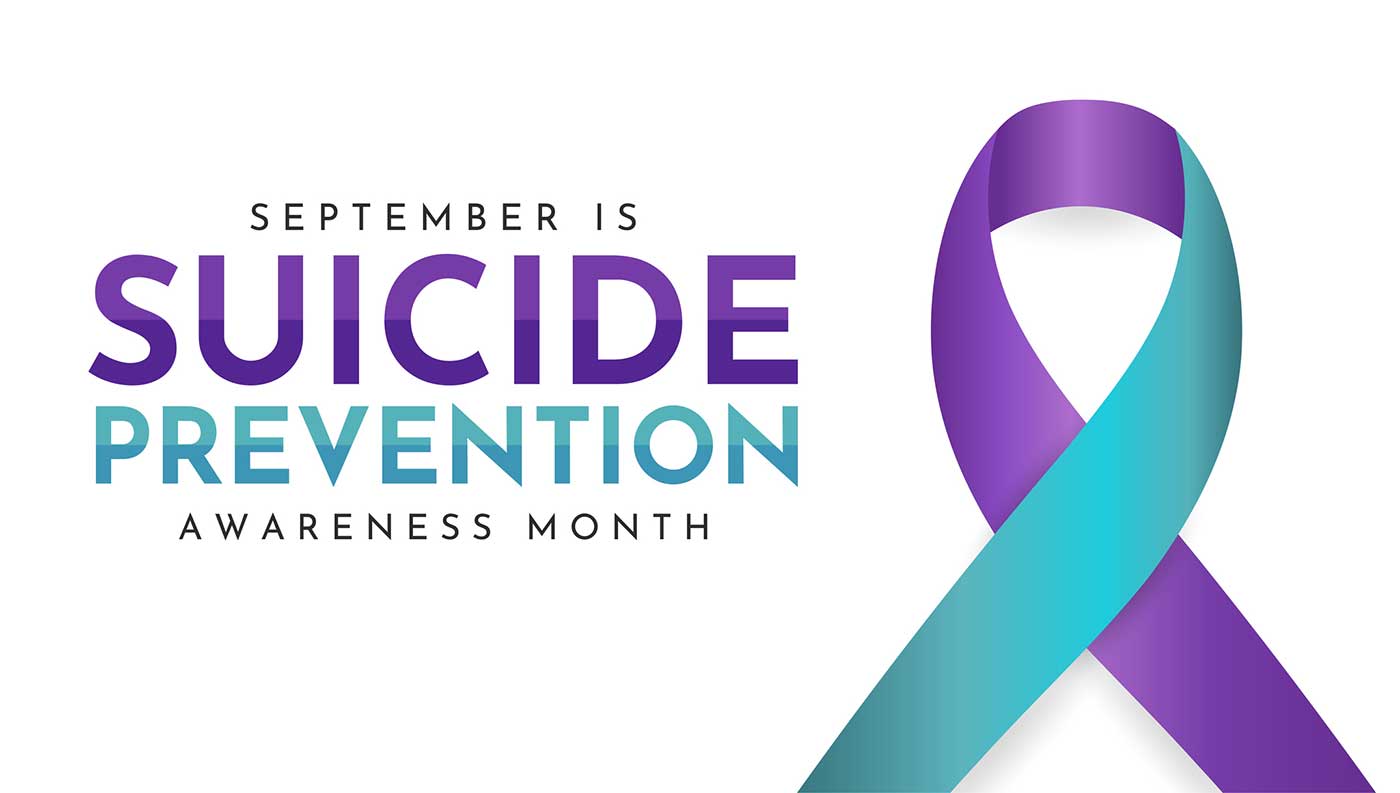Nutrition and night shifts don’t always go together. Endless patients, constant chaos, and limited food options seem to always get in the way. Just like hydration, eating the right foods is crucial to feeling your best. Here’s some helpful advice to help you keep your energy up and deliver quality patient care.
Focus on Slow-Release Energy Sources
According to Medical News Today, slow-release carbohydrates provide sustained energy without the crashes associated with simple sugars. Overnight, opt for whole grains like quinoa, brown rice, or steel-cut oats that release glucose gradually. Pairing these with healthy fats and proteins creates meals that support extended alertness without digestive discomfort.
Strategic Protein Choices
Protein is essential for maintaining concentration during critical decision-making moments. Consider portable options like:
- Greek yogurt with nuts and berries
- Hard-boiled eggs
- Hummus with vegetables
- Lean chicken or turkey wraps
Food options like these provide amino acids necessary for neurotransmitter production while being easy to consume during brief breaks as cited in this Cleveland Clinic article.
Hydration Matters
Dehydration significantly impacts cognitive function. While coffee provides a temporary boost, excessive caffeine can disrupt sleep patterns after shifts. Instead:
- Maintain water intake throughout the shift
- Try herbal teas like peppermint for alertness without caffeine
- Consider electrolyte drinks if experiencing significant physical exertion
See our blog 7 Hydration Tips for Emergency Medicine Physicians for more.
Strategic Timing
When you eat can be as important as what you eat. Consider:
- A substantial meal 1-2 hours before your shift begins
- Small, nutrient-dense snacks every 3-4 hours
- Avoiding heavy meals in the middle of the night that can trigger drowsiness
Smart Snack Preparation
Preparing snacks in advance prevents falling victim to vending machines. Some options include:
- Trail mix with nuts, seeds, and a small amount of dried fruit
- Cut vegetables with portable dip containers
- Nut butter packets with whole-grain crackers
- Homemade energy bars with oats, nuts, and minimal sweeteners
Read more suggestions for smart snacks from EM pros.
Foods to Limit
Some foods can worsen night shift fatigue. Here are some things to avoid:
- Refined carbohydrates and sugary snacks cause energy crashes
- Heavy, greasy foods increase digestive discomfort and drowsiness
- Excessive salt can worsen fatigue through dehydration
The Role of Antioxidants
A study in Nature highlights that night shift workers have lower levels of antioxidant defenses and higher levels of oxidative stress damage when compared to day workers. Incorporating antioxidant-rich foods helps counter these effects:
- Berries (blueberries, strawberries)
- Leafy greens in portable salads
- Colorful vegetables like bell peppers and carrots
- Dark chocolate (70%+ cacao) for a small treat with polyphenol benefits
Practical Implementation
Creating sustainable night shift nutrition requires preparation:
- Use meal prep days to prepare portable, nutrition-dense options
- Invest in quality food storage containers that prevent leaks
- Keep emergency food options in your locker or bag
- Identify the healthiest options available in hospital cafeterias
Recap
Remember that maintaining proper nutrition during night shifts is an investment in both your professional performance and long-term health. Thoughtful food choices can make a meaningful difference in your energy levels, cognitive function, and overall well being. Take the time to plan ahead, prepare appropriate meals and snacks, and be mindful of your body’s needs. By implementing these strategies, you’re not just getting through your shift – you’re optimizing your capacity to provide excellent patient care while protecting your own health.






Responses